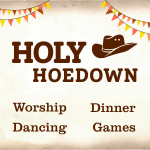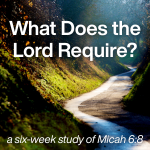The next SAGES Lunch & Learn will be Thursday November 21, beginning with lunch at 11:30am. Leading our program will be Pastor TJ, who will update us on the ministries of our church, presbytery, and denomination.
All are welcome to attend. To ensure enough lunch is available, you are encouraged to RSVP to Roger Brown, Darleen Brown, Kathryn Nicholas, or by contacting the Church Office.



